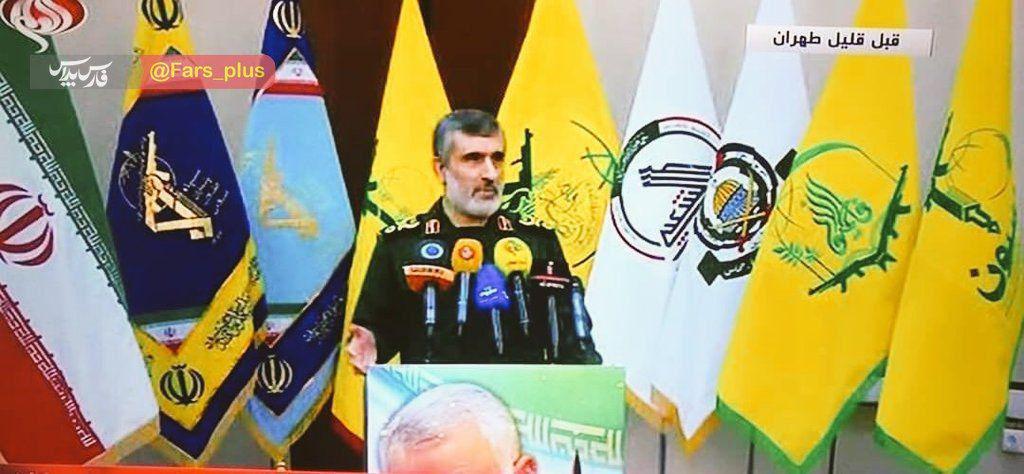Elaborating on the details of the attack, Beigadier General Amir Ali Hajizadeh said Iran could have easily targeted the area where American troops reside in Ain al-Assad airbase instead of launching attacks on their military equipment.
“However, in the first step of our operation, we did not intend to kill American troops. If the operation had continued, all these areas would have certainly been targeted. I emphasize that our operation was aimed at damaging their war machine,” he underlined.
“We could design an operation to kill 500 in the first step, and if they responded, in the second and third steps, we could kill between four and five thousand.”
Hajizadeh also said the “appropriate revenge” for the US assassination of Lieutenant General Qassem Soleimani was to expel US forces from the Middle East.
He also noted that Iran can annihilate US troops with a limited number of missiles and offensive equipment.
The Head of the IRGC’s Aerospace Division warned that American soldiers in the region are no longer secure.
Hajizadeh said it is in the interest of US troops to leave region voluntarily, otherwise the axis of resistance will inflict serious cost, damage and humiliation upon them.
He advised Persian Gulf nations not to rely on “the hollow military power of the US.”
He also said Iran had hundreds of missiles ready to fire and when Tehran launched missiles on Wednesday it had used “cyber attacks to disable US plane and drone navigation systems.”
Hajizadeh further stressed that the assassination of Lieutenant General Qassem Soleimani will cause a tsunami which will eliminate the Zionist-backed US agenda in the Middle East.
His comments came on the day that Iranians in several cities staged a march to commemorate the country’s top commander Lieutenant General Qassem Soleimani one week after his assassination in Iraq.
Huge crowds in the central city of Qazvin and in northern cities of Sari and Rasht took to the streets to denounce the US terrorist attack that resulted in the killing of the popular commander.
Prior to Thursday’s ceremonies, millions of people took part in General Soleimani’s funeral in the holy cities of Mashhad and Qom as well as Tehran and Ahvaz. Muslims usually hold commemoration ceremonies on the seventh and 40th days following the passing of their loved ones.
